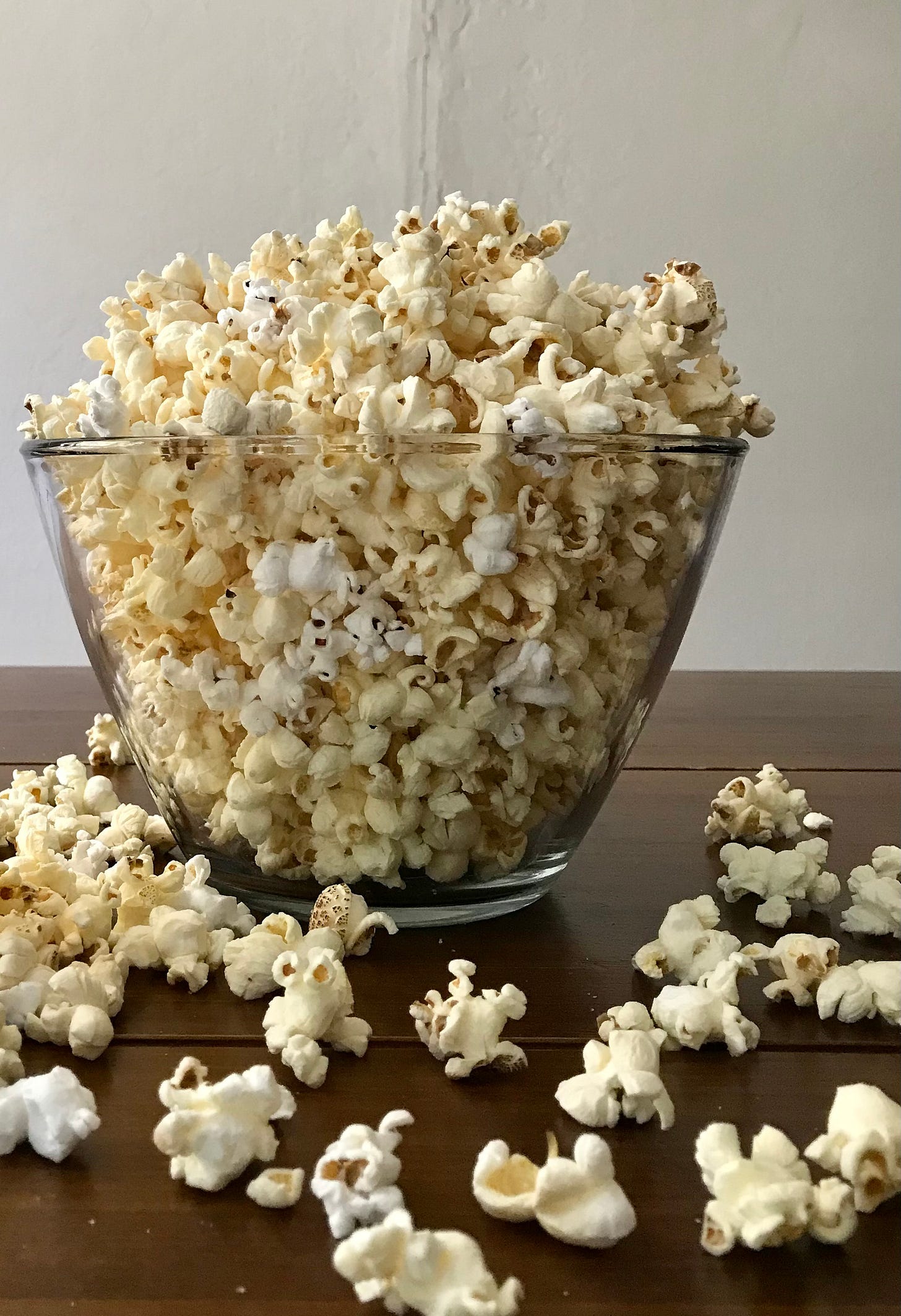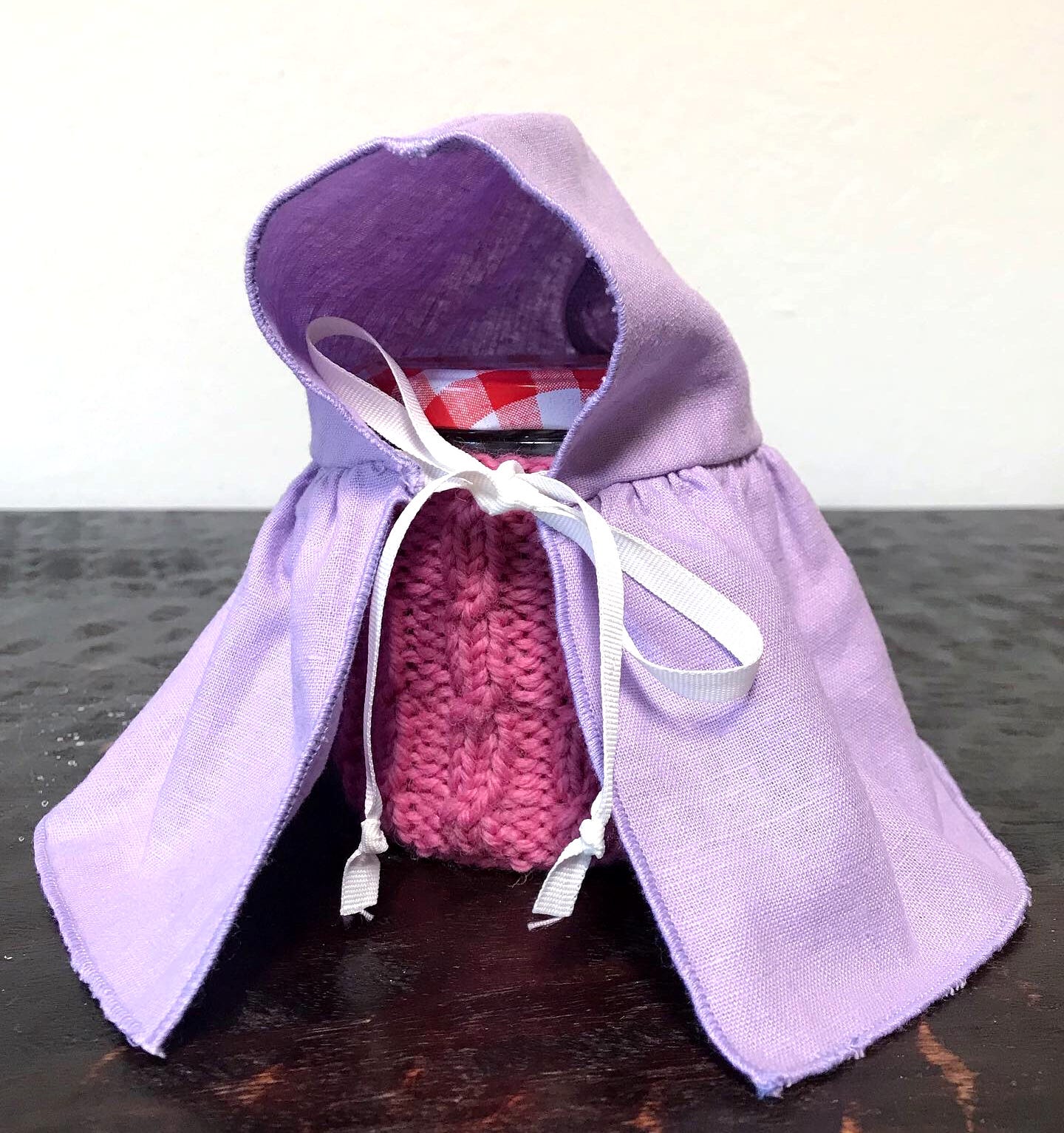Forever Chemicals Everywhere: How to Avoid PFAS
PFAS is in the water, the food chain and the news!
Nearly indestructible perfluoroalkyl substances (PFAS), aka forever chemicals, render food packaging heatproof, greaseproof and waterproof, including some supposedly eco-friendly, compostable food packaging. They prevent food from sticking to pans. They render fabrics stain-resistant. They make dental floss glide.
In other words, PFAS make our lives more convenient. But that convenience comes at an outrageous cost.
Scientists have confirmed links between PFOA exposure and a variety of serious diseases, including kidney cancer, testicular cancer, ulcerative colitis, thyroid disease, and pregnancy-induced hypertension. And more recent studies are now raising concerns that some of these forever chemicals may negatively impact our endocrine system, our fertility, and our immune system—and possibly even the efficacy of vaccines.
Rob Bilott, lawyer and author of Exposure: Poisoned Water, Corporate Greed, and One Lawyer’s Twenty-Year Battle Against DuPont
PFAS have also appeared all over the news recently. A few stories from this month alone:
PFAS in Coca-Cola’s Simply Tropical Juice is hundreds of times above federal advisory levels.
Thinx recently settled a lawsuit over PFAS found in its period underwear, which the company had marketed as free of harmful chemicals. (If you bought Thinx between November 12th, 2016 and November 28th, 2022, apply for a claim here on or before April 12th.)
How to reduce your exposure to PFAS
Find out if your drinking water has been contaminated
According to EWG, the biggest source of PFAS comes out of our taps.
For decades, hundreds of military sites, through fire drill exercises, and companies such as DuPont and 3M, through dumping, contaminated our water with forever chemicals, knew they had contaminated our water and covered up the fact that they had contaminated our water.
If you live in the US, search for your city on this map from EWG of contaminated areas. If you do find your city on the map, contact your health department for more information.
If your water has been contaminated, get a water filtration system that can reduce forever chemicals
While an inexpensive pitcher-style filter can remove some impurities from our drinking water, it cannot remove forever chemicals. EWG ranks reverse osmosis filtration as best at reducing PFAS. Charcoal activated filters remove less. Go here for guidance from EWG on removing PFAS from tap water.
Choose your cookware wisely
If the coatings of your non-stick pans have begun to chip and flake, replace them. You don’t want to eat the PFAS flakes that wind up in your food. Opt for materials such as cast iron, stainless steel and enameled cast iron. Food won’t stick to a well-seasoned cast-iron pan. And the more often you cook with fat (we need fat) in cast iron, the more seasoned the pan becomes. It also cleans up so easily! Go here for more information on choosing pots and pans.
Avoid buying food packaged in throwaway containers
Single-use containers are convenient. They may also contain PFAS. When you order take-out, ask the restaurant to fill glass or metal containers you bring from home. Some will happily do it. Or consider dining in.
Although more time-consuming, cooking more food at home that consists of lots of unpackaged vegetables addresses so many problems (waste, unhealthy diets, climate change). And check my recipe index for homemade versions of many store-bought packaged foods. Make them, pay someone to make them or bribe your kids to make them, then store and pack them in glass jars.
Don’t eat freshwater fish
New research from the Environmental Working Group (EWG) shows that freshwater fish contains on average nearly 280 times more PFAS than commercially caught fish, especially exposing those who subsist on catching local fish.
Eat tastier popcorn
Stovetop popcorn tastes so much better than the microwavable stuff popped in PFAS-treated bags. It pops in only a few minutes and it costs pennies.
I have been popping my popcorn in cultured ghee lately. Amazing! Coconut oil or a combination or coconut and olive oils also tastes delicious. Go here for the very simple stovetop popcorn recipe. Or use a hot air popper. Or pop popcorn in the microwave inside an untreated paper bag.
Choose PFAS-free dental floss
After you’ve enjoyed your PFAS-free popcorn, you may need to floss hulls stuck between your teeth. Colgate’s website states that “Dental floss is typically made from synthetic waxed nylon or Teflon.” In other words, some dental floss has been treated with PFAS.
When researching which brands of dental floss contain PFAS, I had trouble finding information online. If you’re unsure whether your favorite brand contains it, contact the company and ask.
As for PFAS-free brands, refillable, compostable Dental Lace silk floss does not contain PFAS according to its website. A Google search will turn up other PFAS-free brands.
Check the EWG’s Skin Deep database to research cosmetics and personal care products
According to the CDC, cosmetics, shampoo and other personal care items may contain PFAS. Search for products that do not contain PFAS (or other toxins) through EWG’s Skin Deep database.
Avoid stain- and water-resistant fabrics
Sofas, carpet, mattress protectors, outdoor clothing…many of them have been treated with forever chemicals. Do your homework before you buy. Patagonia has committed to eliminating PFAS in its clothing by 2024. Regulations would force other companies to follow suit.
Sign petitions
The Environmental Protection Agency tested US drinking water for PFAS between 2013 and 2015 but did not reveal the results of those tests. In addition, the EPA limit for PFAS contamination falls 10 to 90 times below what scientists recommend. Sign this petition from EWG demanding that the EPA protect Americans from PFAS exposure.
This petition from the Center for Environmental Health demands that politicians force DuPont, Chemours and 3M to make public their continued toxic dumping into our environment. Sign here.
Lawmakers have introduced several bills in Congress to ban PFAS in food packaging. This packaging exposes millions of Americans daily to PFAS and upon disposal, pollutes our environment with these chemicals. Sign this petition demanding our reps ban toxic food packaging.
Free workshop!
Friday, February 10th: Eleanor’s 9th Birthday Party! Sourdough Starter Workshop, 9am PT/12pm ET
All you need to make your own sourdough starter are flour, water and a bit of patience. In this class, I will show you how to start a starter culture and how to keep it alive. Bring your flour, water, jar and questions and I’ll answer as many as I can after we start our starters together. Register here.







Thank you so much for this information and all the wonderful information you are always sharing! I love reading your emails and posts.
I did just want to point out that commercial fishing is destroying the ocean (through bycatch, discarded fishing gear and overfishing) and not a great alternative to fresh water fish... although it may be healthier for the individual (in regards to PFAs) it is terrible for a healthier planet. The healthiest option would be to cut out fish consumption all together. Just wanted to make sure that was known so people can make their choices based on more information.
Thank you again for all that you share - I really appreciate you!
You can reach me at theodore@mps.health, thanks again!